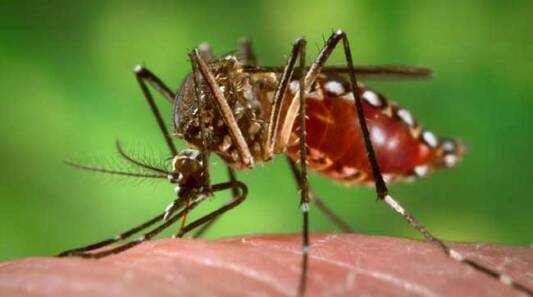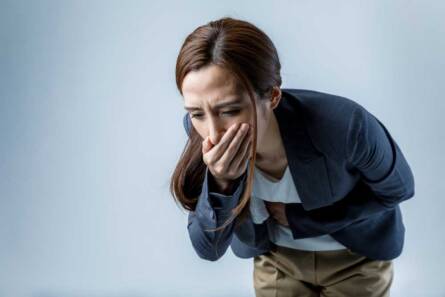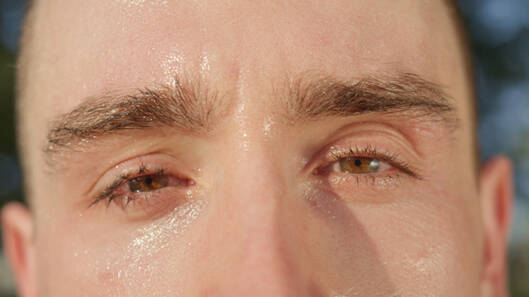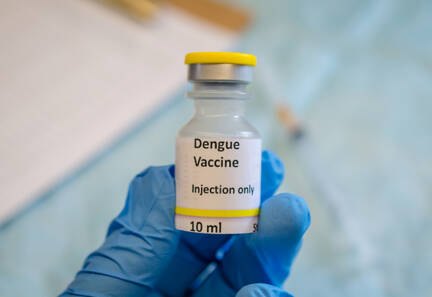Human health is the most important blessing, but people are neglecting it and falling into the trap of workload that’s leading them into a sickness cave. Yes! People are surrounded by various diseases in the 21st century and falling sick.
Day after day a new disease gets born and affects human health. Currently, an old disease has risen and affecting badly human health. Dengue is one of the most dangerous diseases and it’s damaging people’s life.



Even after more than a decade, people are still ignoring Dengue and not taking it seriously. In Pakistan, dengue cases have been increased and daily new patients heading to the hospital.
It’s the right time to take precautions against dengue and keep ourselves safe from it. There are endless precaution tips available on the internet, but only the experts can guide you to the right path and that’s the reason we are leading you to the main gate.
What are the symptoms?
Before heading to the cure or precaution, let’s dig deep down into the symptoms that identify whether you have dengue or not.
Mild Symptoms



If symptoms occur, there may be a sudden fever of around 104°F (40°C)Trusted Source with one or more of the following:
- Aching muscles and joints
- Rash
- Pain behind the eyes
- Nausea and vomiting
- Facial flushing
- Sore throat
- Headache
- Red eyes
Mild symptoms last for at least between 2–7 days, and it also depends on your immune system some feel better after one week.
Severe Symptoms
Between 0.5% and 5% of cases of dengue fever can be severe. And if that happens it’s life-threatening.
They include:



- Abdominal pain or tenderness
- Vomiting at least three times in 24 hours
- Bleeding from the nose or gums
- Vomiting blood
- Blood in the stool
- Fatigue
- Feeling restless or irritable
- Changes in temperatureTrusted Source from very hot to very cold
- Cold, clammy skin
- A weak and rapid pulse
- A reduced difference between systolic and diastolic blood pressure
Anyone with severe symptoms needs immediate medical attention.
How to prevent dengue?
The first and most important thing everyone needs to know is that there’s no specific medicine available to treat dengue. So, there’s no vaccine or anything has been produced till now for adults.



The dengue vaccine is ONLY approved for use in children 9–16 years old with laboratory-confirmed evidence of a previous dengue virus infection.
Treatment for dengue actually manages the symptoms and reduces the probability of getting worst. According to 2009 research,



- Drinking water to help prevent dehydration
- Getting plenty of rest
- Using pain relief, such as Tylenol or paracetamol, can also help reduce fever
Tips to avoid dengue for adults
As children are only eligible for the vaccine, but what about adults? Here are the tips for them to lower the risk of getting infected.



- Wearing clothes that cover the body
- Using mosquito repellents on the body
- Using mosquito nets
- Using window and door screens
- Treating camping gear or clothes with insect repellent before use
- If possible, avoid being outside at dawn, dusk, and early evening
- Remove any stagnant water around the home and avoid camping near still water
- Check that drains, plant pots, and other features are not collecting water
These preventions and tips might help you to be safe from dengue. Dengue has become a serious disease, Pakistan is fighting with dengue and other foreign countries have discovered Monkeypox, which have already targeted one of the USA citizens. You must know what is monkeypox and it’s cure.
What do you think of the story? Tell us in the comments section below.


















